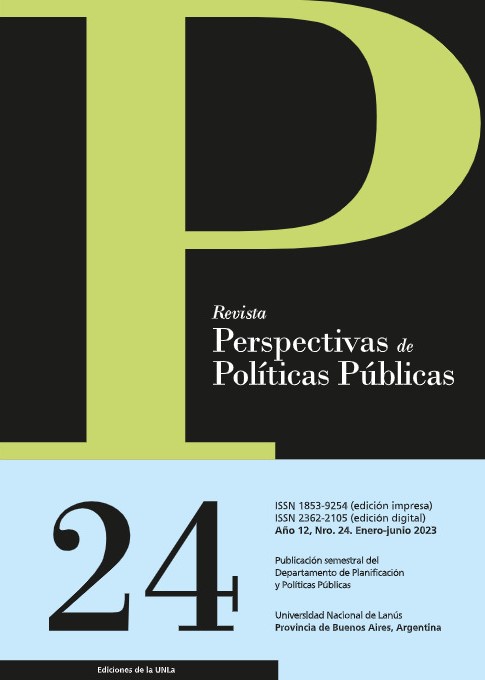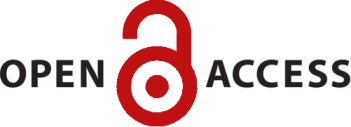Economic crisis and economic policy in the united states duing the Biden administration
Abstract
Since the outbreak of the economic-financial crisis of 2007-2008, the US economy has shown a tendency to stagnation, in a context of financialization and high public and private over-indebtedness. The rescue measures, based on the so-called quantitative easing (QE) programs and various fiscal stimuli, prevented the US economy from entering a depression, but they were not able to provoke a solid economic growth. With the rise of COVID-19 pandemic and the global crisis in 2020, the US and world economy experienced the deepest recession since the Great Depression of the 1930s. In this context, the economic policy promoted by President J. Biden has been characterized by promoting a countercyclical fiscal policy with a Keynesian orientation, focused on stimulating private consumption and public investment. Biden’s economic policy faces economic and political limits that generate high uncertainty both in its execution and in its results.






